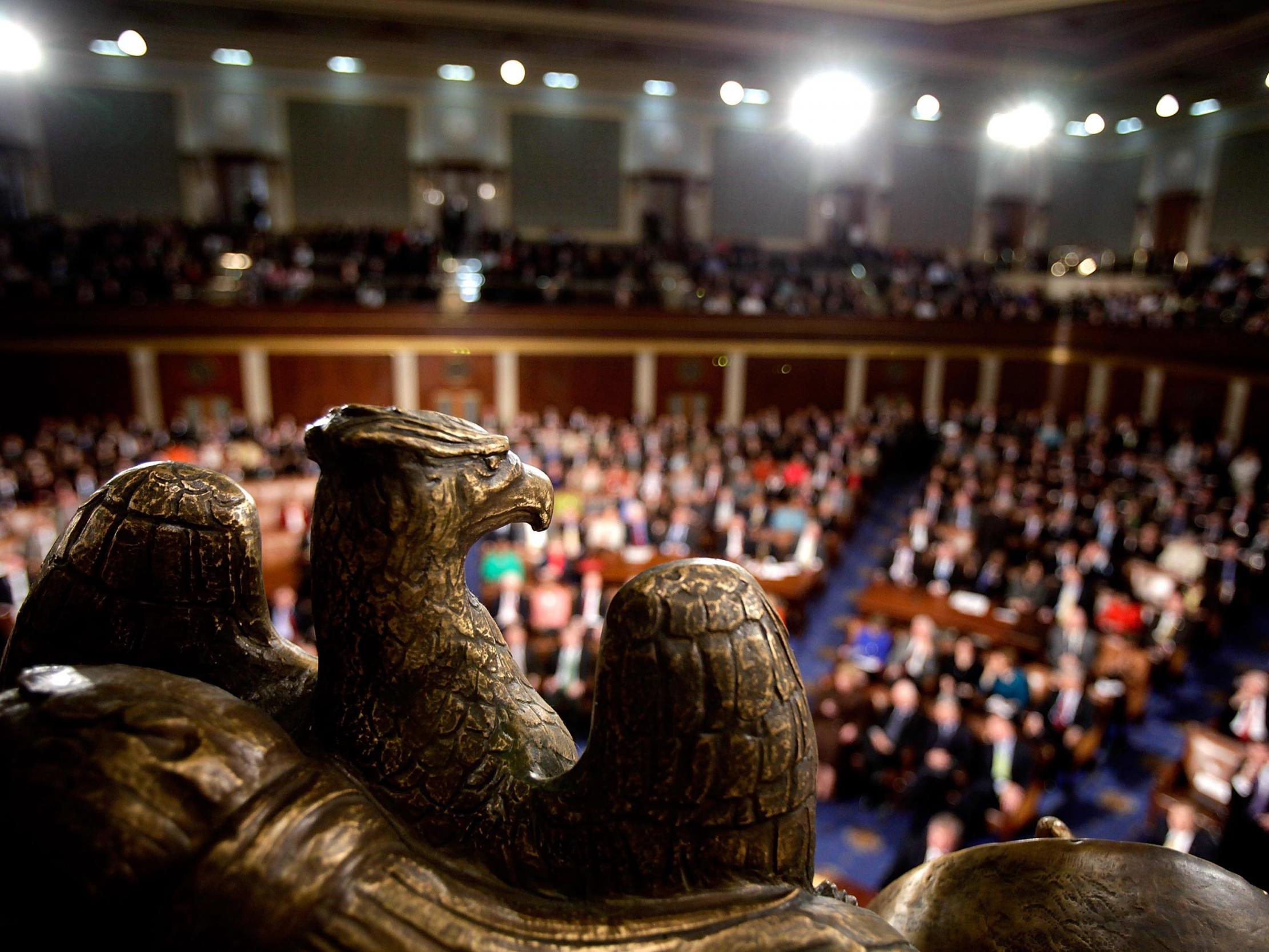States' electors can ignore popular vote when choosing president, court rules
Decision comes after group tried to stop Donald Trump becoming president in 2016

Your support helps us to tell the story
From reproductive rights to climate change to Big Tech, The Independent is on the ground when the story is developing. Whether it's investigating the financials of Elon Musk's pro-Trump PAC or producing our latest documentary, 'The A Word', which shines a light on the American women fighting for reproductive rights, we know how important it is to parse out the facts from the messaging.
At such a critical moment in US history, we need reporters on the ground. Your donation allows us to keep sending journalists to speak to both sides of the story.
The Independent is trusted by Americans across the entire political spectrum. And unlike many other quality news outlets, we choose not to lock Americans out of our reporting and analysis with paywalls. We believe quality journalism should be available to everyone, paid for by those who can afford it.
Your support makes all the difference.Electoral college members, who select the US president and vice president, are not bound to follow the popular vote of their states, according to a new court ruling.
The decision comes after a group of members tried to stop Donald Trump becoming president by uniting behind a consensus candidate in 2016.
The ruling is likely to prompt further criticism of the controversial system.
Critics of the electoral college view it as outdated because voters do not cast their ballots directly for the president.
538 electors, who make up the college, instead select who should sit in the Oval Office.
On Tuesday a 10th US Circuit Court of Appeals judge ruled that the electors are free to choose the candidate of their choice, in a decision that goes against convention.
The ruling applies only to Colorado and five other states in the 10th Circuit: Kansas, New Mexico, Oklahoma, Utah and Wyoming.
Michael Baca, a Colorado elector, refused to vote for Hillary Clinton in 2016, despite her winning the state’s popular vote.
Mr Baca was part of a group known as the “Hamillton electors”, who tried to convince others to vote for a consensus candidate in order to deny Donald Trump the presidency.
The elector crossed out Hillary Clinton’s name on his ballot and instead cast it for John Kasich, the moderate Republican governor of Ohio who also ran for president.
“This is not about Hillary,” Mr Bacu said at the time, according to The Denver Post. “This is about trying to stop Donald Trump.”
Wayne Williams, then serving as Colorado’s secretary of state, refused to count Mr Baca’s vote and replaced him with an elector who opted for Hillary Clinton.
The 10th circuit court ruled that Mr Williams violated the US constitution by doing so.
“Even where an elector violates a state-required pledge to vote for the winners of the state popular election, there is nothing in the federal constitution that allows the state to remove that elector or to nullify his votes,” the court’s judgment reads.
“And in the absence of such express authority, the states may not interfere with the electors’ exercise of discretion in voting for president and vice president by removing the elector and nullifying his vote.
“Neither historical practices nor authoritative sources alter our conclusion.”
A candidate wins the presidential election if they gain 270 or more of the electoral votes.
Each state has different numbers of electors, depending on its population. The representatives tend to cast their votes according to the popular vote in their state.
But many states do not have legislation that governs the practice, which often occurs out of convention. Electors who stray from the popular vote are colloquially referred to as “faithless”.
“This court decision takes power from Colorado voters and sets a dangerous precedent,” said Jena Griswold, a Democrat who is currently Colorado’s secretary of state.
“Our nation stands on the principle of one person, one vote.”
Mr Baca’s lawyers said the US supreme court was likely to hear the case, as the Colorado ruling conflicts with a decision from Washington state’s supreme court.
That court said in May that electors could be fined for not casting ballots for the popular vote winner.
According to Politico the 2016 election saw the highest amount of “faithless” votes ever cast in a presidential election.
Additional reporting by agencies
Join our commenting forum
Join thought-provoking conversations, follow other Independent readers and see their replies
Comments